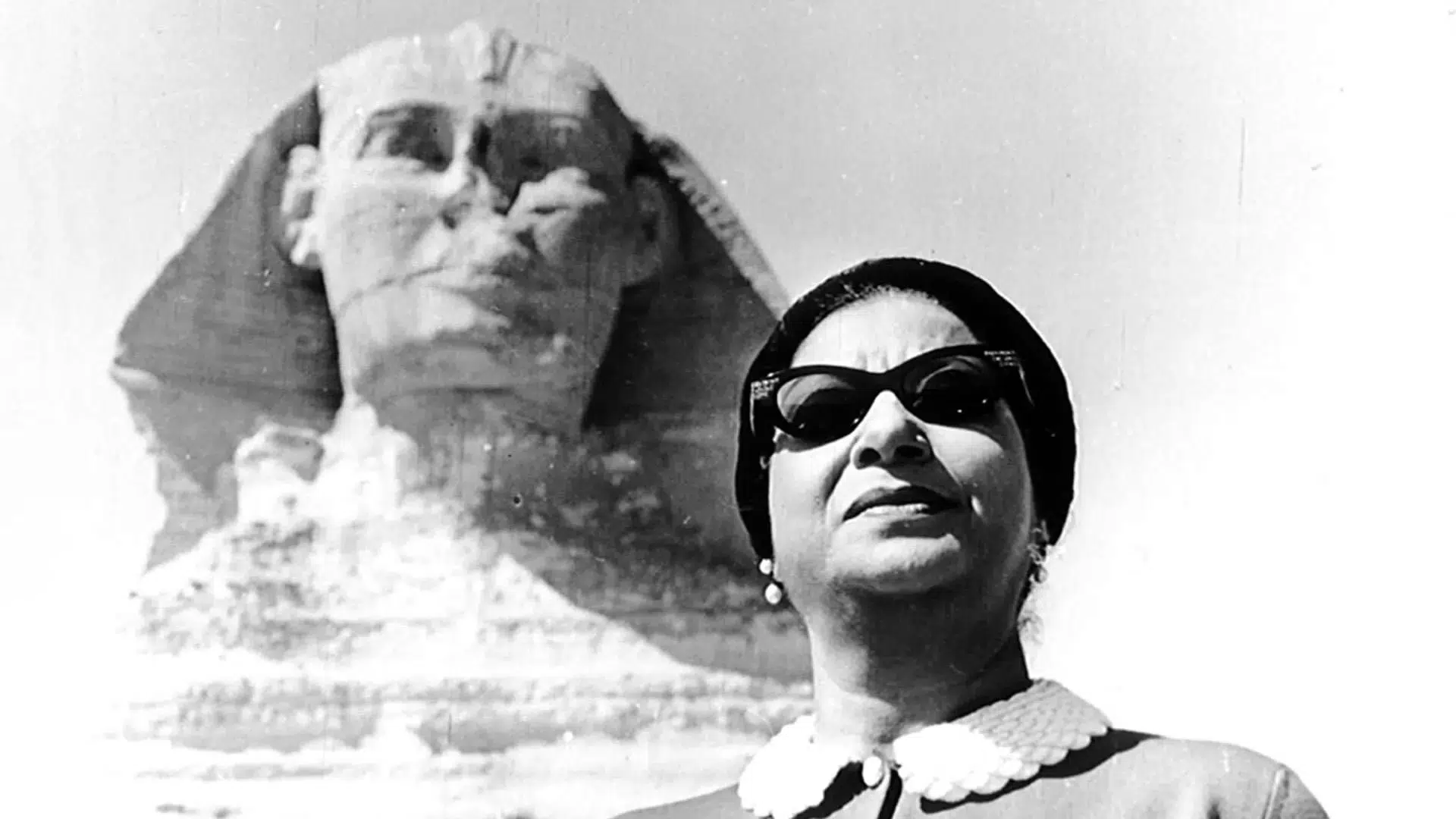A storm of controversy has swept across Egypt in the wake of an Israeli company uploading several iconic songs by the legendary singer Umm Kulthum to its YouTube channel. This seemingly innocuous act has ignited accusations of cultural appropriation and sparked an international legal battle, raising crucial questions about artistic legacy, intellectual property rights, and the preservation of national treasures.
At the heart of the dispute lies the unauthorized upload of 15 Umm Kulthum classics, including timeless hits like “Enta Omry” and “Al Atlal.” The Israeli company claimed to hold the rights purchased from Cairo-based music publisher Mohsen Gaber. However, Gaber swiftly refuted these claims, throwing the legitimacy of the acquisition into question.
This revelation fanned the flames of public outrage. Egyptians, fiercely protective of their cultural heritage, saw the act as a blatant disregard for their cherished icon. Social media platforms erupted with criticism, accusing the company of exploiting Arab cultural treasures for financial gain. The Egyptian government swiftly condemned the move, denouncing it as a violation of national rights and demanding YouTube’s immediate intervention.
Responding to the public outcry, YouTube promptly removed the contested songs, while the Israeli company issued a formal apology, citing a lack of awareness surrounding the sensitivities surrounding Umm Kulthum’s music. Yet, the damage was done. The incident triggered a chain reaction, with legal proceedings initiated by both the Egyptian government and Umm Kulthum’s family, represented by her granddaughter Jehan El Desouki.
The legal battle hinges on the contested contract between Gaber and the Israeli company. Gaber, a staunch advocate for Umm Kulthum’s legacy, is seeking to amend the agreement, arguing that it grossly undervalues the immense artistic and cultural worth of her work. El Desouki, entrusted with safeguarding her grandmother’s heritage, echoes this sentiment, vowing to protect Umm Kulthum’s legacy from any form of exploitation.
Beyond the legal wrangling, the controversy lays bare the complex interplay between cultural heritage, international business practices, and intellectual property rights. It sheds light on the often-neglected reality of how artistic legacies from the developing world can be vulnerable to misappropriation by entities wielding financial power.
The case of Umm Kulthum’s unauthorized upload serves as a stark reminder of the importance of robust measures to protect and safeguard cultural assets. It underscores the need for transparency, fair valuation, and strong legal frameworks to ensure that iconic treasures like Umm Kulthum’s music are treated with respect and due deference to their cultural significance.
While the legal drama unfolds, one thing remains clear: the unauthorized upload of Umm Kulthum’s songs has touched a raw nerve in Egypt, sparking a passionate defense of a national treasure. It has ignited a crucial conversation about cultural ownership, respect, and the need for vigilance in protecting the legacies that bind communities together. The outcome of this battle will set a precedent, not just for Umm Kulthum, but for countless artistic voices across the globe.










What do you think?
It is nice to know your opinion. Leave a comment.